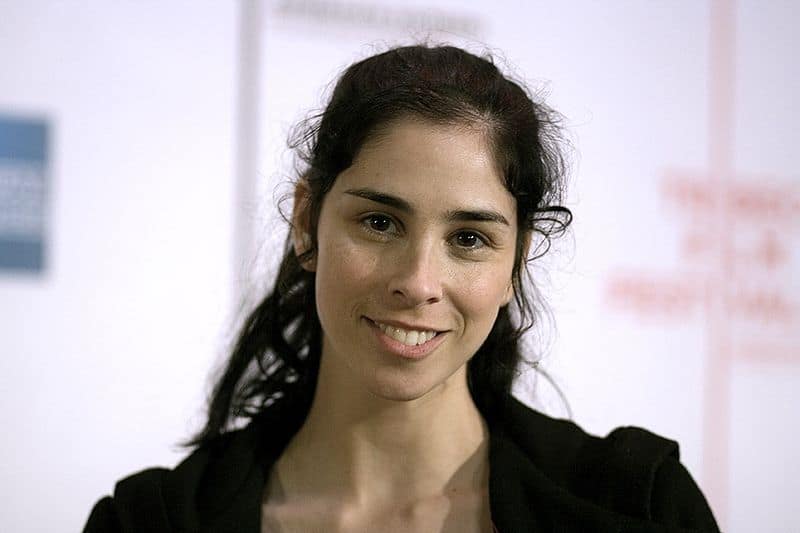Sarah Silverman recently went on Totally Biased to address the ageism she encountered at the James Franco Roast. She spoke about the issue with sincerity and dismay, admitting that the discrimination made her feel awful. She also talked about the fraudulence of beauty ideals and joked that she just wanted to tell the Real Housewives that “your heartbreaking attempts to look younger is the reason your daughter doesn’t dream about her future!”
And while I agree, I wonder: Why are we surprised or dismayed when women attempt to look younger? Why do we suggest they should dress “their age” when their natural age is considered unattractive, even to their peers?
There is no ideal “look” for 50+ year olds. Well, there is, but it’s just a modified and highly maintained version of what’s attractive for 30 year olds. If there’s an attractive for 30-40, it’s just dismissed as “MILF.” Younger than 18? You’re a child, you don’t count. We are basically told that in order to be attractive, we’ve got to look like we fall somewhere between the ages of 18-29 at all times.
But what if you want to be attractive at 60? Or at 16? As a society, we’re just beginning to accept that people outside the ages of 18-40 are sexual beings (happy 2013, everybody!). Of course the old and the young want to be sexy. Of course they want to be attractive. Sexual activity and maturity change with age, so why don’t our definitions of what’s attractive?
We live in a society where billions are spent to showcase the lifestyles of the Real Housewives rather than the dreams of their daughters. We pity older women who want to look younger, and we chastise the young for dressing too old for their age; both suggest a need to impress, to be something they’re not. However, we are sexual, social beings—and it’s not wrong to want to be attractive.
In order to allow for multi-generational definitions of what “attractive” means, we’ve got to actively challenge ageist beauty ideals in the day-to-day. Look for younger and older role models in your community and in popular culture and celebrate them. Don’t let ageism negatively affect the way you define others—if we don’t change our thinking, soon enough it will shape how others define you.



 Follow Us On Instagram
Follow Us On Instagram
